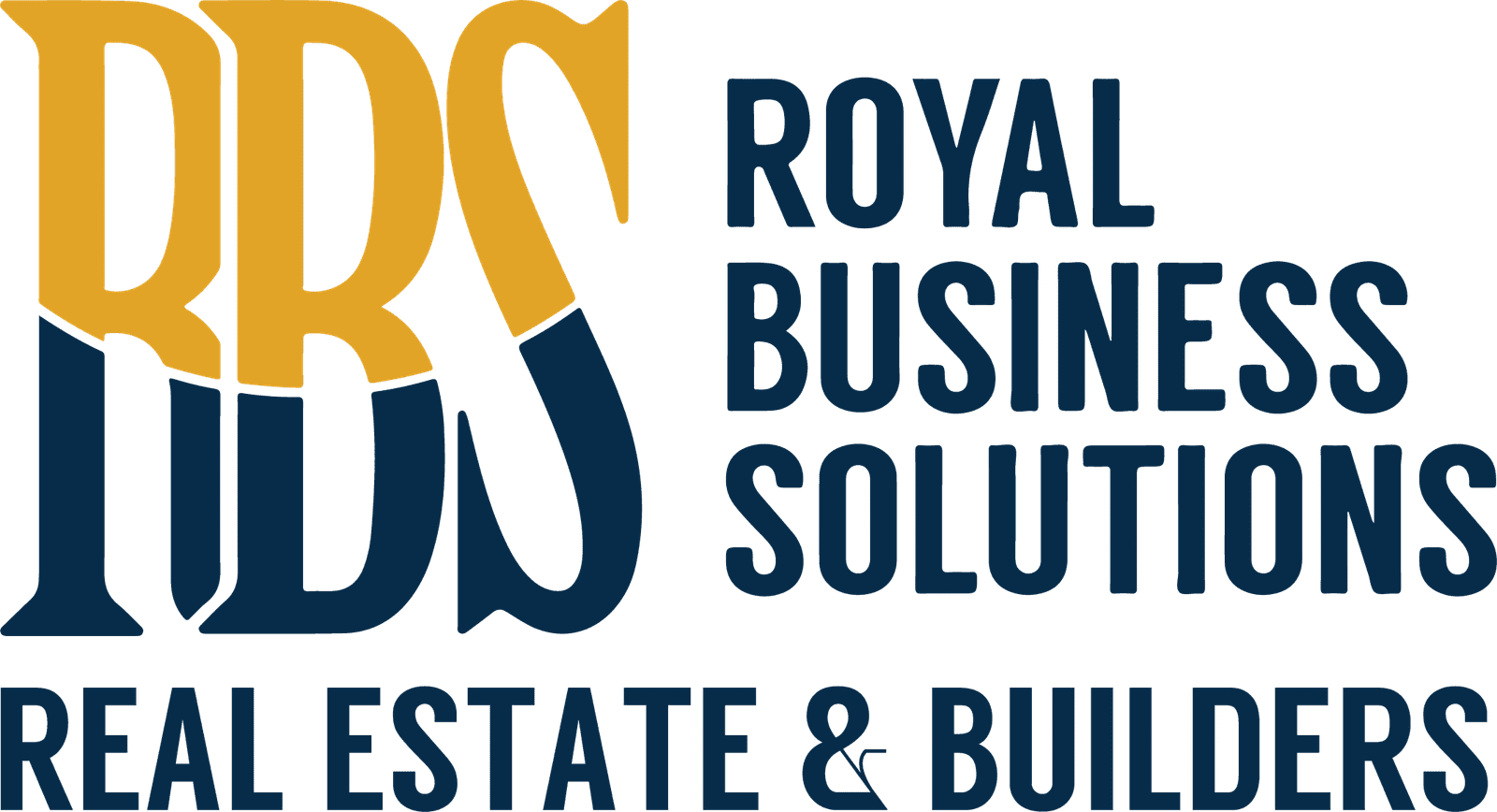- November 28, 2023
- Posted by: Muhammad Shehzad
- Category: Blogs

Knowing how to flip a house is an important factor in any real estate investment. Flipping a house involves purchasing it, repairing it, and then quickly selling it at a profit. It is like business that you take a rundown house and turn it into a valuable house.
Nowadays, many people engage in house flipping as it may be a huge source of money. Approximately one out of ten houses sold is a flip and more people are joining in on this.
But hold up! House flipping is not an easy exercise. It is not good without knowing the ropes or a well thought out plan leading to big money problems. Though it is possible to learn how to flip houses, newbies need to be patient, learn, find a team, and sort out their finances in order to start their first project.
In this blog post, we’ll take you through step-by-step how to flip a house for beginners, including preparation, who you’ll need on your team, and how to maximize profit.
The Best Way to Flip a House in 2023
Here are some best ways that help you flip your house more quickly with safe investments:
Understand Your Real Estate Market
You should start your house flipping venture with market research in areas where you intend to buy houses. In addition, you have to be knowledgeable about short and long-term market trends, both local and national.
Read: A Guide To Domain Name Flipping: Converting Digital Real Estate Into Profits
Talk to Experienced House Flippers
One can only learn some things through experience and the best way to learn these things for yourself is by talking to seasoned house flippers. In this way, you can avoid many of the pitfalls and common mistakes of beginner entrepreneurs.
Here’s advice on finding and learning from skilled house flippers:
- Networking events and conferences (you can check on these meetups from Real Estate Hackers and conference events from Think Realty).
- Start contributing to online message boards for real estate investors and house flippers (like this Real Estate Investing Beginners forum).
- Reach out and talk about mentorship. You will easily find many experienced flippers who will be willing to give you some tips and even allow you to see them practice firsthand.
- Plan your own finances and establish a budget.
- There is always some financial risk involved in house flipping, and therefore you should have a thorough understanding of your personal finances, how much you can afford to spend, and the options for front-end costs of your first property.
Build your team
A very important factor in whether your house flip will be a success would be your support team. Make sure that yours includes:
- An experienced real estate agent who will guide you to purchase excellent properties to sell them after you renovate them.
- A competent general contractor to help you create your renovation budget and perform repairs and a dependable plumber and electrician
- A designer and home stylist to ready the property for potential buyers.
- Evaluate the skills you have to assist you in choosing who to hire for your team (for instance, if you are a general contractor yourself, you might opt not to hire an architect).
However, it’s generally good policy to try to complete the work yourself unless you have absolutely no knowledge or experience with that particular area of the renovation. This action may cause expensive errors and extended renovation times into one’s revenue.
Identify a Property and Buy it
After you have done your research, set your budget, planned your finances, and built your support team, you will be ready to look for your first property. A real estate agent can help you with the search process. Many house-flippers aim for foreclosed properties and thus will enjoy lower list prices.
Normally you can view foreclosed homes on regular real estate listing websites or at sheriff’s sales, where local law enforcement holds auctions on repossessed houses. House flippers compete for the sale of houses from sheriff’s auctions for the numerous high-potential properties at very low cost. Wear your bidder hat before you arrive there!
Come up with a timeline plan for your “flip”
Afterward, formulate a schedule for your remodeling and resale. Normally, most flips take anything between 6 to 12 weeks of repair depending on how much work is involved. Having and sticking to the plan is essential in controlling cost, thereby maximizing profits on your flip.
Make sure your renovation team knows about your plan, track the progress closely, and provide some allowance for the likely unforeseen roadblocks which will still allow you to meet the deadline.
Make Your Sale
Now, the enjoyable part—convincing your prospect to make the buying decision. In order to get a good listing, look at your designer, the home stager, and the real estate agent. They will know what buyers want and it will add value to your sale price potential. Home staging alone can increase the price of sale by up to 20% claims National Association of Realtors.
Also Read: Home Buying Tips: Guide To A Successful Purchase
What will be the next house to flip?
The hardest flip is your first — after you’ve made your first sale, you will have your own lessons learned, team, and profit for your next investment. By then you’ll be prepared to locate your next great property (or two or three, depending on your needs) for your new house flipping business. Best of luck!
Conclusion
Knowledge of how to flip a house is a significant component of real estate investing. It’s about buying, fixing, and flipping. It’s a profitable chance where one in ten houses are flipped, but not an easy walk. Poorly thought-out and uninformed, financial woes may come about. A beginner should take some time to learn, build a team, and sort finances.
